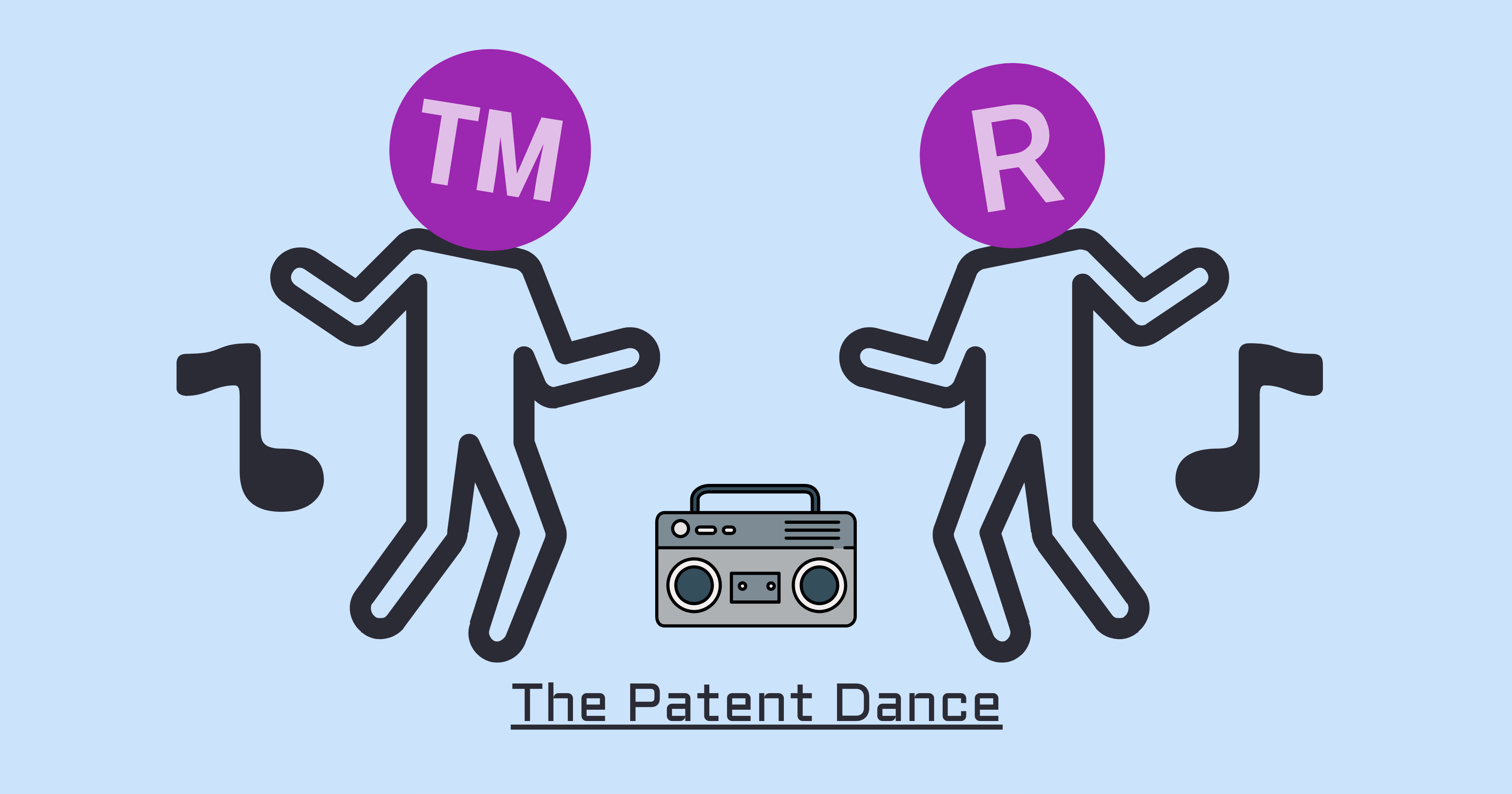- Bone Health
- Immunology
- Hematology
- Respiratory
- Dermatology
- Diabetes
- Gastroenterology
- Neurology
- Oncology
- Ophthalmology
- Rare Disease
- Rheumatology
Streamlined Approach to Biosimilar Approval Reduces Litigation Risk
Intellectual property attorney Ha Kung Wong, JD, describes the patent dance and how it is designed to streamline information exchange while avoiding unnecessary lawsuits by allowing early assessment of patent infringement and validity.
The patent dance graphic.

In an interview with The Center for Biosimilars®, Ha Kung Wong, JD, an intellectual property attorney and partner at Venable LLP, dives into the advantages of the patent dance. Wong, a specialist in intellectual property law, explores how this process streamlines information exchange and minimizes unnecessary lawsuits.
The patent dance, Wong explains, establishes a framework for early disclosure of patents and potential infringement concerns between biosimilar developers and reference product sponsors. By enabling early assessment of patent validity and infringement, it empowers parties to reach settlements before product launch, saving both time and money.
This approach mirrors the Hatch-Waxman Act for traditional drugs and has demonstrably reduced litigation in the biosimilar space. Even when lawsuits become necessary, the patent dance helps focus on the most critical patents, minimizing resource expenditure for all involved.
Transcript:
What are the key objectives of the patent dance, and how does it contribute to streamlining the exchange of information while reducing the potential for wasteful litigation?
The patent dance allows for an early assessment of infringement and validity patient positions, even before the filing of a litigation and that can help parties reach an early settlement.
Part of the process here is don't slow down biosimilar approval process, don't subject them to damages from launching at risk. Let's resolve all the patent issues in advance or at the time in which you're looking to get approval, such so that you can get it resolved at the time you get approval.
If you don’t have a problem with the patents, then you can launch without any risk and you're okay. If you do, let's sort that out.
I think that's really exactly what the Hatch-Waxman does for small molecules and that's what this BPCIA [Biologics Price Competition and Innovation Act] patent dance does for biosimilars and it's been really effective.
I think it’s led to a great number of settlements, very few of them go to trial, which means we're not wasting resources on litigation. As much as I do litigation, so I like to have litigation, I think for my clients, it's a win-win all the way around.
Also, the case management mechanisms have been very effective at limiting the size of the litigations. For example, in the recently decided Regeneron v. Mylan case relating to Eylea, despite 24 patents initially being asserted, the case was initially narrowed to set 6 patents, and then further narrowed to 3 patents for an expedited trial that provided the companies with resolution.
One patent was found valid and infringed without having to litigate all the asserted patents. I think, by and large, it’s working to really save resources for all parties involved. If it has to go to litigation, it goes but it also is resulting in favorable settlements in which everybody wins.
Newsletter
Where clinical, regulatory, and economic perspectives converge—sign up for Center for Biosimilars® emails to get expert insights on emerging treatment paradigms, biosimilar policy, and real-world outcomes that shape patient care.
